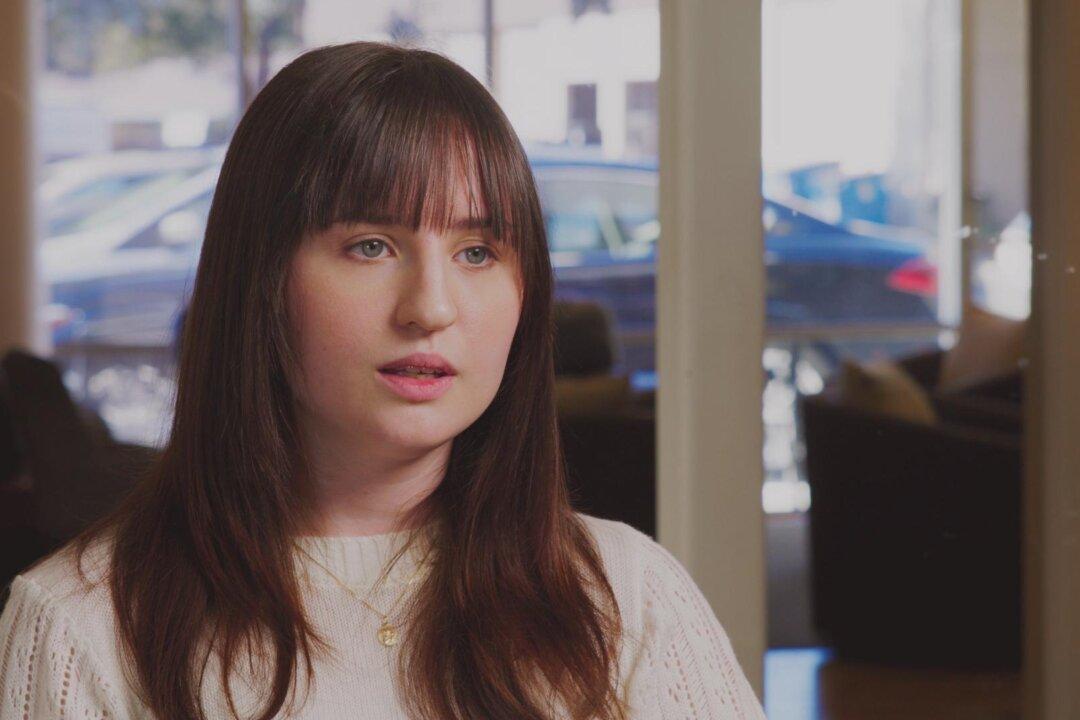A new film featuring three ex-transgender women hopes to shed more light on the rapidly growing trend of transgenderism that is increasingly affecting young girls and women.
Jennifer Lahl, a former nurse and an independent film producer based in California, believes the “powerful testimonies” of these “detransitioners” about their gender confusion, doubt, and regret will resonate deeply with those who watch the documentary, “The Detransition Diaries: Saving Our Sisters.”





